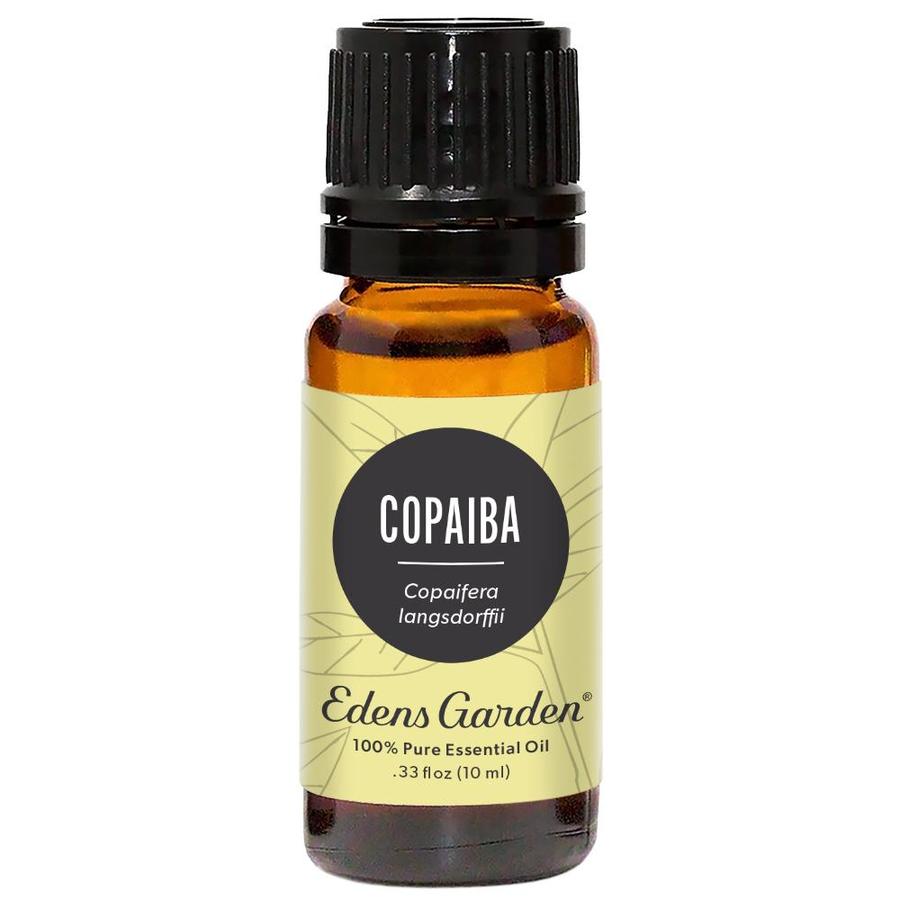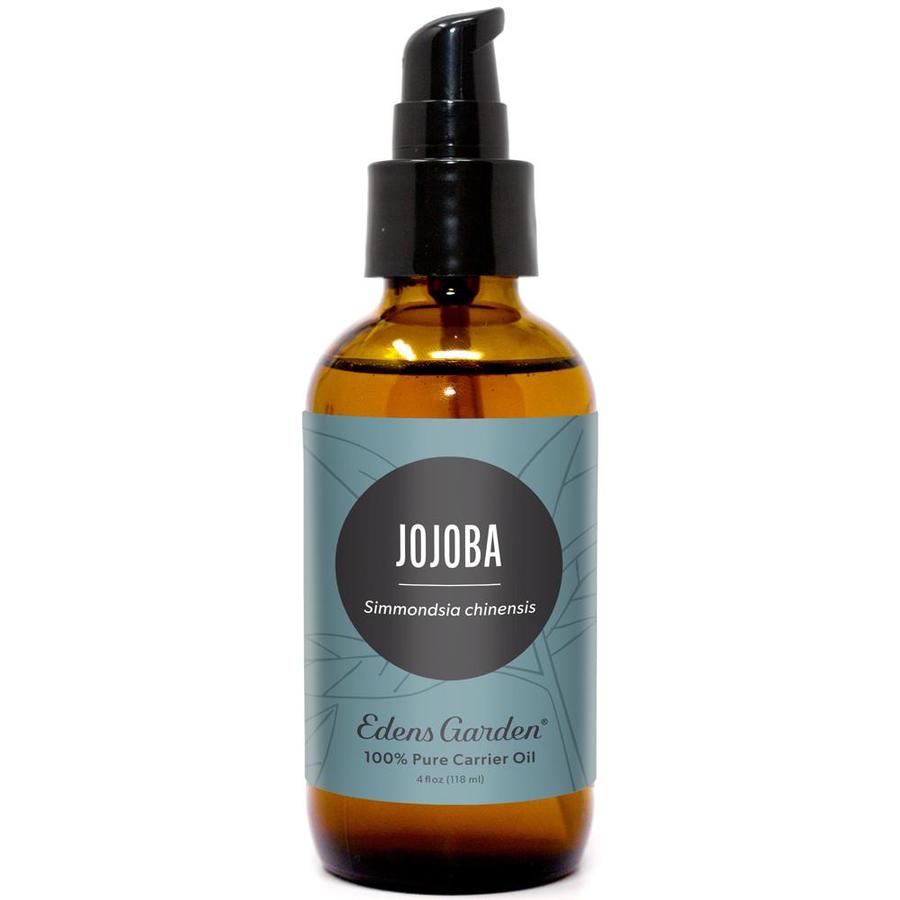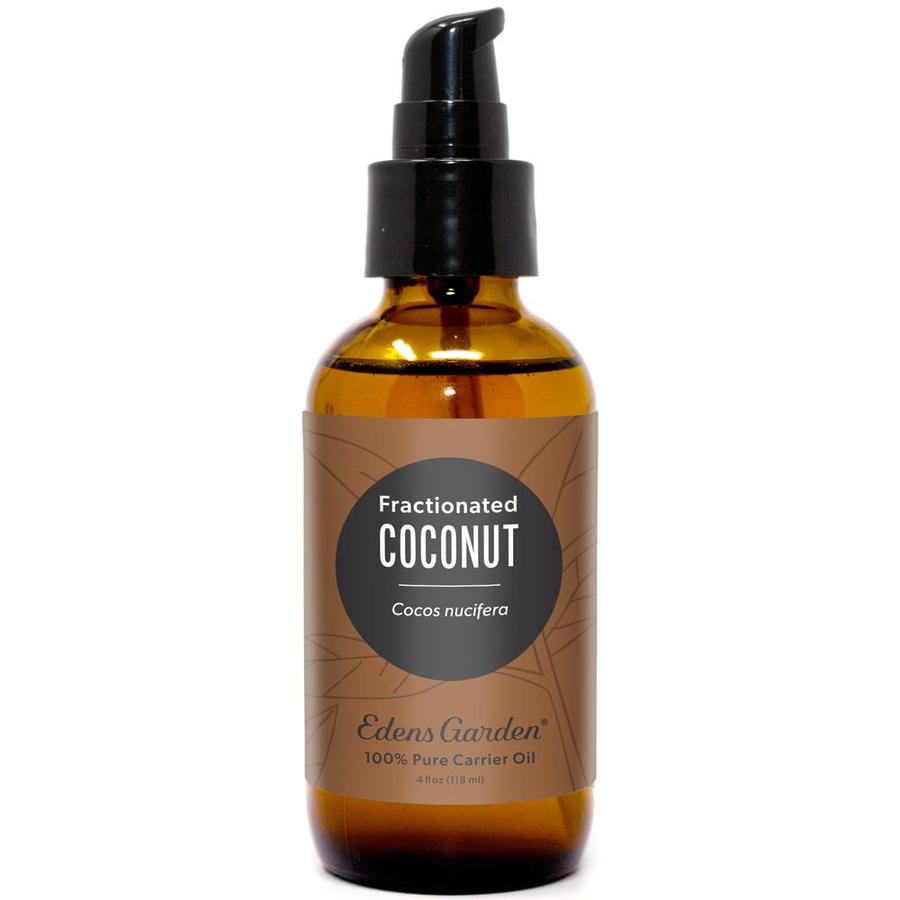What Are The Top Benefits And Uses Of Copaiba Essential Oil?

When it comes to essential oils that have risen to stardom over the past few years, Copaiba is a frontrunner. Still many, while curious about Copaiba, don’t know much about it and its many benefits. Even those who own Copaiba aren’t always sure how to effectively use it.
In this guide, we’ll go over our favorite ways to use Copaiba essential oil and how to effectively apply these benefits to promote wellness and boost your everyday routine.
What Is Copaiba Essential Oil?
Copaiba essential oil is steam distilled from the balsam of the Copaifera langsdorffii tree (also known as Copaifera officinalis), of which, Copaifera reticulata is a close relative. The Copaiba tree is evergreen and can grow up to 100 feet tall. Its recognizable features include its yellow flowers and reddish fruit. A single tree may offer up to twelve gallons of oil seasonally.
Copaiba oleoresin and oil have long been used as a traditional medicine amongst indigenous South American tribes to help with infection, sore throat, blood pressure, respiratory issues, urinary tract infections and to boost the immune system. The Copaiba oil resin is burned in ceremonies for physical and spiritual healing.
It is still heavily used in Brazil where it is natively grown.
Copaiba Essential Oil Benefits
Scientists have thoroughly studied the benefits of Copaiba within the last decade. Here’s what they’ve discovered.
Copaiba For Inflammation
The anti-inflammatory benefits of Copaiba oil are well-researched.
-
An experimental in vitro study was used on subjects to determine the effects of Copaiba on those with multiple sclerosis (MS). MS is an inflammatory autoimmune disease affecting the central nervous system. Copaiba exhibited anti-inflammatory effects in the subjects, boosting its reputation as a complementary alternative medicine for those with MS.
-
A 2017 study examined the anti-inflammatory properties of Copaiba in subjects with arthritis. Copaiba oil was administered to subjects once daily over 18 days. The results showed that Copaiba helped to actively reduce inflammation and that it worked as a powerful antioxidant in arthritic subjects.
-
The anti-inflammatory action of Copaiba was examined on 15 injured subjects over 7 days. Treatment with Copaiba revealed its anti-inflammatory potential and low toxicity.
Copaiba oil has the ability to reduce inflammation related to injury, autoimmune disease, arthritis and respiratory problems. To apply these benefits to your daily needs, try the following:
-
Dilute Copaiba to 3% in Coconut oil or Jojoba oil for local inflammation caused by injury or arthritis, and apply to the affected area. If you feel that this application is ineffective after using it for a while, increase the dilution to 5%. You can also try combining Copaiba with other anti-inflammatory oils such as Spruce and Hemp.
-
3% = 9 drops of Copaiba + 1 tbsp of carrier oil
-
5% = 15 drops of Copaiba + 1 tbsp of carrier oil
-
For inflammatory problems related to the respiratory system or autoimmune disease, inhale Copaiba 2-3 times throughout the day using a personal pocket inhaler.
Copaiba For Pain
Along with acting as a powerful anti-inflammatory agent, Copaiba offers pain relief.
A 2020 review of essential oils that interact with the endocannabinoid system revealed that a major component of Copaiba is uniquely pain relieving because it binds directly to the cannabinoid, CB2 receptor.
The study showed that Copaiba contains upwards of 50% beta-caryophyllene–a natural analgesic that has been said to share similar effects to CBD oil. However, unlike psychoactive cannabinoids found in Hemp, which bind to the CB1 receptor, beta-caryophyllene is non-psychoactive.
What’s more, studies show that beta-caryophyllene becomes more effective with continual use, unlike most drugs in which persistent use can lead to tolerance, reducing its effects.
As a complementary medicine, Copaiba may bolster the pain-relieving effects of analgesics such as morphine.
To use Copaiba for pain, try the following:
-
Combine 7 drops Copaiba and 5 drops Black Pepper essential oil in 1 tbsp of Jojoba oil and apply to soothe discomforts, such as joint pain.
-
For headaches, apply this topical blend to the temples or skip diluting with a carrier oil and inhale this diffuser blend using an essential oil diffuser.
Copaiba For Skincare
Copaiba is full of skin-loving sesquiterpenes–heavy molecules, abundant in thick oils that act as skin protectants.
-
A 2012 double-blind placebo-controlled study elucidated Copaiba oil’s skincare benefits on volunteers with acne. Scientists found that a 1% dilution of Copaiba significantly reduced acne.
-
Aromatherapist Robert Tisserand aptly states that Copaiba essential oil can make your skin happy. He cites that Copaiba releases beta-endorphins, a hormone linked to happiness, when applied to the skin. Tisserand goes on to state that one of the safest oils to use on the skin and can help soothe irritation and chronic skin diseases, as well as reduce inflammation.
We can attest to Copaiba making our skin happier! Try the following methods to add Copaiba to your skincare routine:
Essential Oil Eczema Balm
What You Need
-
4 oz Mango Butter
-
35 drops Copaiba essential oil
-
7 oz Container
How To
In a double boiler, melt Mango Butter and stir in Fractionated Coconut Oil. Remove from heat once melted and stir in Copaiba. Transfer to a container and allow to cool. Once cooled, apply a small amount to your inner elbow and cover with a bandage. Leave overnight and check in the morning. If there are no signs of irritation, apply a dime-sized amount to eczema as needed.
Acne Essential Oil Roll-On
What You Need
-
10 ml Empty Roll-On
-
Tamanu Carrier Oil
-
4 drops Copaiba essential oil
-
2 drops Tea Tree essential oil
-
2 drops Carrot Seed essential oil
How To
Add essential oils to the empty Roll-On then top off with Tamanu oil. Replace the rollerball, and gently turn from side to side to mix. Apply the roll-on to your inner elbow, cover with a bandage and leave on overnight. If there are no signs of irritation the following morning, apply the roll-on directly to blemishes in the evening as the last step in your skincare routine.
Skin Love
Copaiba essential oil is also featured in our Skin Love essential oil synergy blend, along with other nourishing essential oils such as Frankincense, Lavender, Sandalwood and Helichrysum. While new to our collection, Skin Love has quickly become a favorite amongst EG fans for its nourishing, moisturizing, wound-healing and wrinkle-fighting effects.
Available in a synergy blend, body oil and prediluted roll-on, there are many ways to effectively use and enjoy Skin Love.
The Very Best In Aromatherapy
At Edens Garden, we offer high, quality, 100% pure essential oils for a fraction of the cost of competitors. We minimize costs by cutting out the middlemen and selling directly to you, because we believe everyone deserves to benefit from the natural goodness essential oils have to offer. Try Edens Garden risk-free today with our 30 day (no questions asked) guarantee.
Sources:
-
Queensland Government. “Diesel Tree Risk Assessment.” Department of Agriculture and Fisheries, 2010, pp. 1–14, www.daf.qld.gov.au/__data/assets/pdf_file/0007/56959/IPA-Diesel-Tree-Risk-Assessment.pdf.
-
Dias, Débora S. “Copaiba Oil Suppresses Inflammatory Cytokines in Splenocytes of C57Bl/6 Mice Induced with Experimental Autoimmune Encephalomyelitis (EAE).” PubMed Central (PMC), 1 Aug. 2014, www.ncbi.nlm.nih.gov/pmc/articles/PMC6271072.
-
Ghizoni, Cristiane Castro. “Anti-Inflammatory and Antioxidant Actions of Copaiba Oil Are Related to Liver Cell Modifications in Arthritic Rats.” PubMed, Oct. 2017, pubmed.ncbi.nlm.nih.gov/28322470.
-
Teixeira, Francisco Bruno. “Copaiba Oil-Resin (Copaifera Reticulata Ducke) Modulates the Inflammation in a Model of Injury to Rats’ Tongues.” PubMed Central (PMC), June 2017, www.ncbi.nlm.nih.gov/pmc/articles/PMC5471965.
-
Johnson, Scott A. “A Systematic Review of Essential Oils and the Endocannabinoid System: A Connection Worthy of Further Exploration.” PubMed Central (PMC), May 2020, www.ncbi.nlm.nih.gov/pmc/articles/PMC7246407.\
-
Silva, Ary Gomes. “Application of the Essential Oil from Copaiba (Copaifera Langsdori Desf.) for Acne Vulgaris: A Double-Blind, Placebo-Controlled Clinical Trial.” PubMed, Mar. 2012, pubmed.ncbi.nlm.nih.gov/22502624.
-
Tisserand Institute. “Copaiba Oil | Did You Know That Copaiba Oil Makes Your Skin Happy?” Tisserand Institute, 7 July 2020, tisserandinstitute.org/learn-more/copaiba-oil.










Leave a comment (Comments will be approved before showing up)